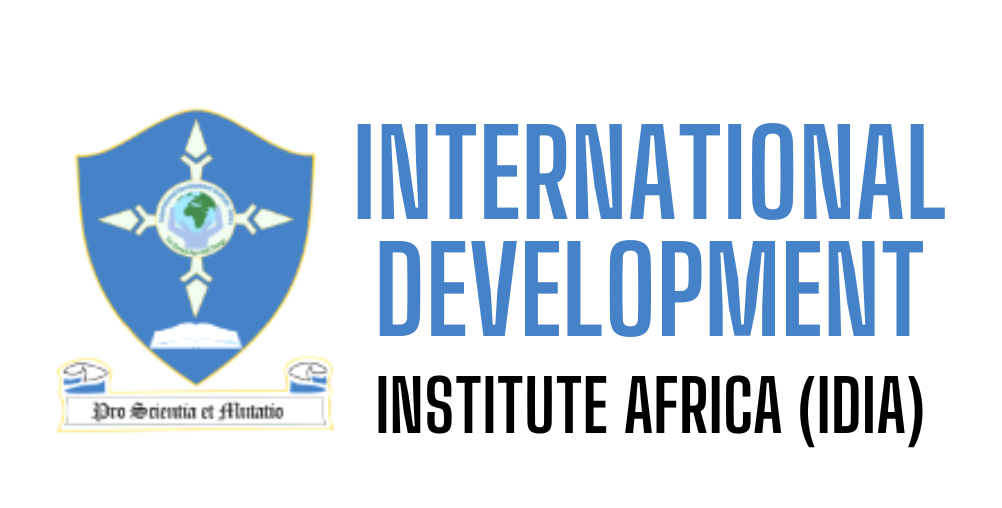CERTIFICATE IN PUBLIC HEALTH
A Certificate in Public Health is a graduate-level program designed to provide students with a foundational understanding of public health principles and practices.
The Certificate in Public Health program covers:
1. Core public health concepts:
– Epidemiology
– Biostatistics
– Environmental health
– Health policy and management
– Social and behavioral sciences in public health
2. Duration: 2 years, often part-time to accommodate working professionals.
3. Coursework: 4-6 courses, combining theoretical knowledge with practical applications.
4. Skills developed:
– Data analysis and interpretation
– Health program planning and evaluation
– Understanding of health disparities and social determinants of health
– Public health research methods
– Health promotion and disease prevention strategies
5. Career relevance: Applicable to various health-related fields, including healthcare administration, community health, health education, and policy development.
6. Flexibility: Often offered online or in hybrid formats to accommodate diverse student needs.
7. Potential for further study: Credits may often be applied toward a Master of Public Health (MPH) degree.
8. Practical experience: Some programs may include internships or capstone projects to apply learned concepts.
This certificate provides a broad overview of public health, equipping students with knowledge and skills to address population health challenges. It’s suitable for those looking to enter the public health field or enhance their current health-related careers.
Entry Requirements
KCSE Grade: D+ or equivalent
Or equivalent qualification as determined by KNQA
and/or as may be guided by relevant regulatory body
Course Overview
Units Covered
Here’s an overview of common units and modules:
1. Foundations of Public Health
– Introduction to public health concepts and history
– Public health systems and infrastructure
– Global health issues
2. Epidemiology
– Basic principles of epidemiology
– Study designs in epidemiological research
– Disease surveillance and outbreak investigation
3. Biostatistics
– Fundamental statistical concepts
– Data analysis and interpretation
– Use of statistical software in public health
4. Environmental Health Sciences
– Environmental risk factors and health
– Occupational health and safety
– Climate change and public health
5. Health Policy and Management
– Healthcare systems and organization
– Health policy analysis and development
– Public health law and ethics
6. Social and Behavioral Sciences in Public Health
– Health behavior theories
– Social determinants of health
– Health promotion and education strategies
7. Research Methods in Public Health
– Quantitative and qualitative research methods
– Survey design and implementation
– Evaluation of public health programs
8. Public Health Practice
– Community health assessment
– Program planning and implementation
– Health communication and advocacy
Each of these units includes several modules. The Epidemiology unit might include modules such as:
– Measures of disease frequency
– Measures of association and impact
– Screening and diagnostic tests
– Bias and confounding in epidemiological studies
Elective modules in specialized areas include:
– Maternal and Child Health
– Infectious Disease Control
– Nutrition and Public Health
– Mental Health and Substance Abuse
